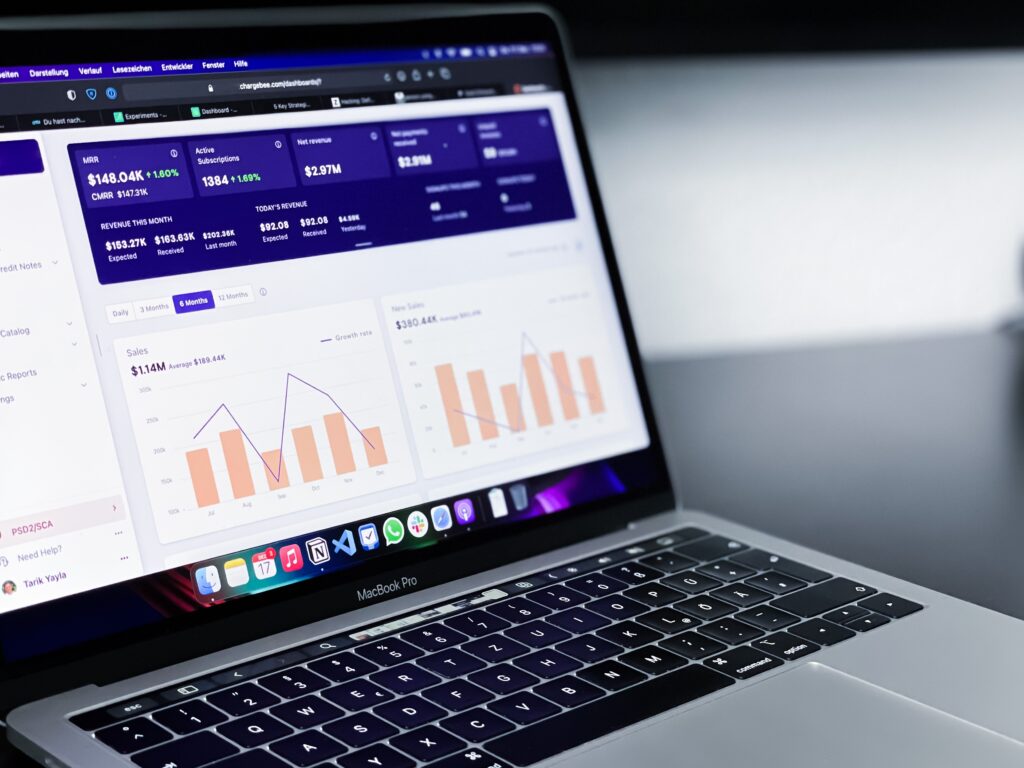
Democratizing Data Analysis: How ChatGPT, Notion, and CoPilot Can Help You Make Data-Driven Decisions
We live in an age of data-driven decisions. Yet, traditionally, data analytics has been a domain reserved for specialists with extensive coding skills and statistical expertise. But things are changing. Thanks to user-friendly tools like ChatGPT, Notion, and CoPilot, even people with little or no experience in data science can now take advantage of data analytics. Let’s delve into how these tools can be applied in three different use-cases: website analytics, marketing KPIs, and sales data.
Website Analytics with ChatGPT
Firstly, consider the increasingly crucial area of website analytics. Whether you’re a blogger or a business owner, understanding your website’s performance is essential. With ChatGPT, you can obtain insights into your analytics data without having to dive into complicated dashboards.
For instance, if you use Google Analytics to track your website’s performance, you can simply ask ChatGPT: “What are the top-performing pages on my website last month?” or “How has the user engagement rate changed over the past three months?” With appropriate integrations, ChatGPT can sift through your Google Analytics data and provide you with easy-to-understand summaries and trends.
Outcome: You will gain a better understanding of your website’s performance, including which pages attract the most traffic and how engaged your audience is, without having to manually dig through data.
Marketing KPIs with Notion
Next up is marketing—more specifically, keeping track of Key Performance Indicators (KPIs). Notion, the all-in-one workspace tool, is now widely used for project management and documentation. But it can also serve as a powerful platform for tracking marketing metrics, like the ROI on different campaigns, customer acquisition costs, or email open rates.
By using Notion’s database features and pre-built templates, you can create a custom dashboard where you automatically import marketing KPIs from various sources like Google Ads, Mailchimp, or HubSpot.
Example Prompt: For instance, you could set up a Notion dashboard and ask, “What is the ROI of my social media campaigns?” or “Which marketing channel has the lowest customer acquisition cost?”
Outcome: You’ll be able to continually assess the performance of your marketing strategies and make quick adjustments as needed. Plus, everything is visually organized in one place, making it much easier to share with team members or stakeholders.
Sales Data with CoPilot
Last but not least, let’s talk about sales data. CoPilot, an AI-powered code assistant, can help you analyze your sales data without needing to know SQL queries or other programming languages. If your sales data is stored in spreadsheets or a CRM, you can use CoPilot to help write the script to analyze it.
Example Prompt: You might ask CoPilot to generate code for queries like “Show me the quarterly sales data broken down by region,” or “Identify the top-performing sales reps for this month.”
Outcome: CoPilot will generate the code for you. Once executed, this code will provide valuable insights that can help you identify which products are most profitable, which regions are underperforming, or which sales reps are exceeding expectations.
The democratization of data analytics is upon us. Tools like ChatGPT, Notion, and CoPilot are making it easier than ever for people with little to no experience in data science to gain valuable insights into their website performance, marketing KPIs, and sales data. By leveraging these platforms, you can focus on making data-driven decisions that can significantly impact your project or business positively. So go ahead, take the plunge into data analytics—you don’t need to be a data scientist to get started.